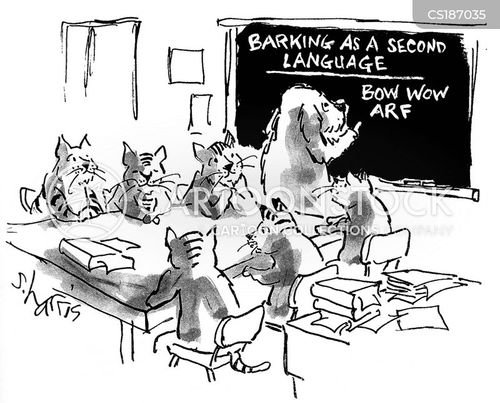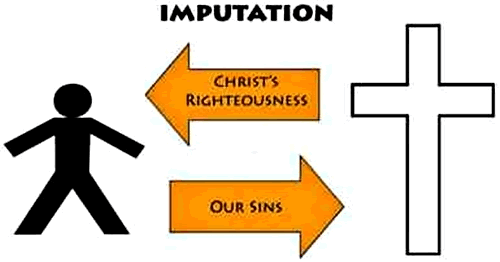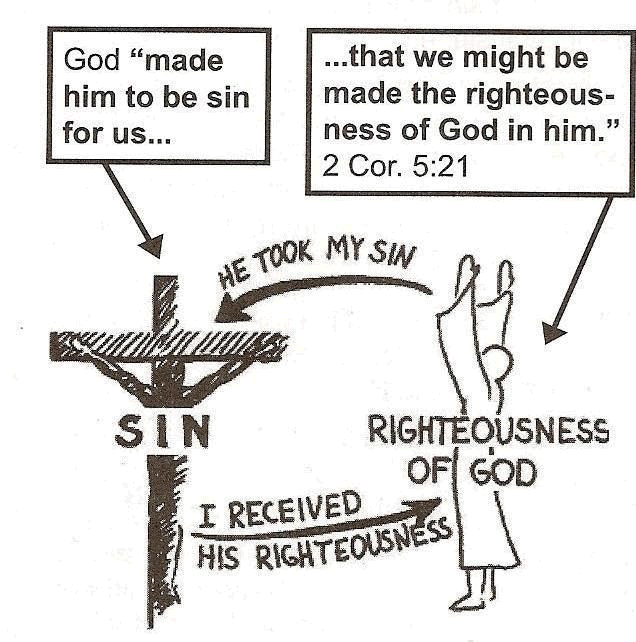Jeff, you are a swell guy and I hate to have to say things contrary to you.
Yes, I reject the notion that I (or anyone else in history save for Christ and the Theotokos) am “already 100% righteous in God’s sight because I am found safely hidden in Christ”. That sort of thinking reminds me of the Southern Baptist woman I referred to above:
She said that all good works were “filthy rags” (referencing Isaiah 64:6). Someone who spent his life feeding the hungry and caring for the sick was on the exact same plane as someone who spent his life torturing, killing, and oppressing. Both (assuming they had never said the Sinner’s Prayer) were “unsaved sinners” on their way to Hell. When God looked at them, all He saw were sinners who deserved to go to Hell.
She said that when God looked at a “saved sinner”, He literally was unable to see anything other than “Jesus’s shed blood”. Even at the moment that a “saved sinner” plunged a knife into an innocent victim’s chest, God looked at the murderer and was pleased to see only Jesus’s blood. I know it boggles the mind, but she thought that the Omniscient One literally didn’t know when a “saved sinner” sinned! The all-seeing God couldn’t see what everyone else can see! (This of course raises humorous questions. Supposing the knife victim was also a “saved sinner”, God must have been confounded as to how he got into Heaven! God: “I have literally no idea what caused this man’s death!”)
She said it was a waste of time feeding the hungry because “What benefit was it to go to Hell with a full stomach?”
She said that the only thing we should be doing is going around asking people, “Are you saved?” and pestering them to sincerely say the Sinner’s Prayer. Anyone who rejected this (which she called “the Gospel”) she would smugly dismiss and say, “Won’t they be sorry [when they find themselves in Hell]?”
She said that when a loved one was on his death-bed, we should add to his troubles by telling him he was about to go to Hell unless he said the Sinner’s Prayer. She called this “good news”.
She said that the most important thing parents could do for their children was to play head games with them, starting when they are toddlers. (“Mikey, you don’t want to be burned and tortured forever, screaming in pain in Hell, after you die? You’d rather go to Heaven when you die, right? Sure you do!”) Try to get them in an emotional state such that next Sunday when the preacher gives the altar call, they go up there and say the Sinner’s Prayer (preferably while squeezing out some tears, though the tears aren’t mandatory). Voila! Now he is a “saved sinner” and going straight to Heaven when he dies.
She said that a kind and humble man who spent his life helping others, but who never said the Sinner’s Prayer, would go straight to Hell. On the other hand, a man who at age 4 said the Sinner’s Prayer and spent his adult life in crimes of unspeakable magnitude would go straight to Heaven.
As we can see from this poor woman’s “theology” (or whatever one should call it), she would have been thoroughly baffled by any notion of universalism. To her, the entire point of the Bible was to try to get people to escape Hell by saying the Sinner’s Prayer. If there was no Hell to escape from, then for her Christianity would be entirely without a point.
Fortunately, being exposed to the above sort of blasphemies did not turn me into an atheist. Thank God I became Eastern Orthodox instead.
 I would question if the Idea of those who have translated the Greek into the English have done the work thus like you say, And they have done the translation… how can we know who’s words are correct?
I would question if the Idea of those who have translated the Greek into the English have done the work thus like you say, And they have done the translation… how can we know who’s words are correct?  In other words, the modern bible translators are thinking they might have it right.
In other words, the modern bible translators are thinking they might have it right.








